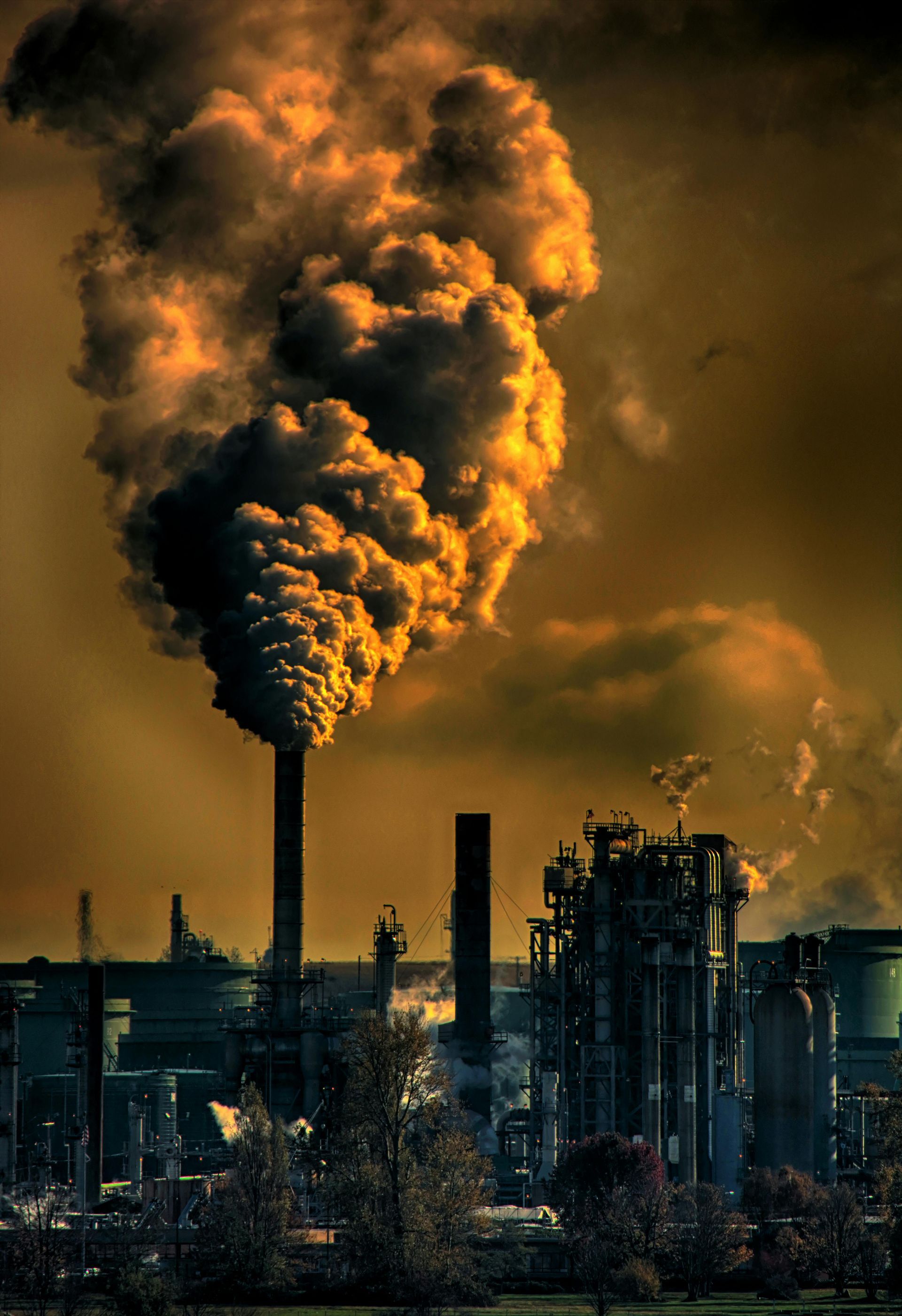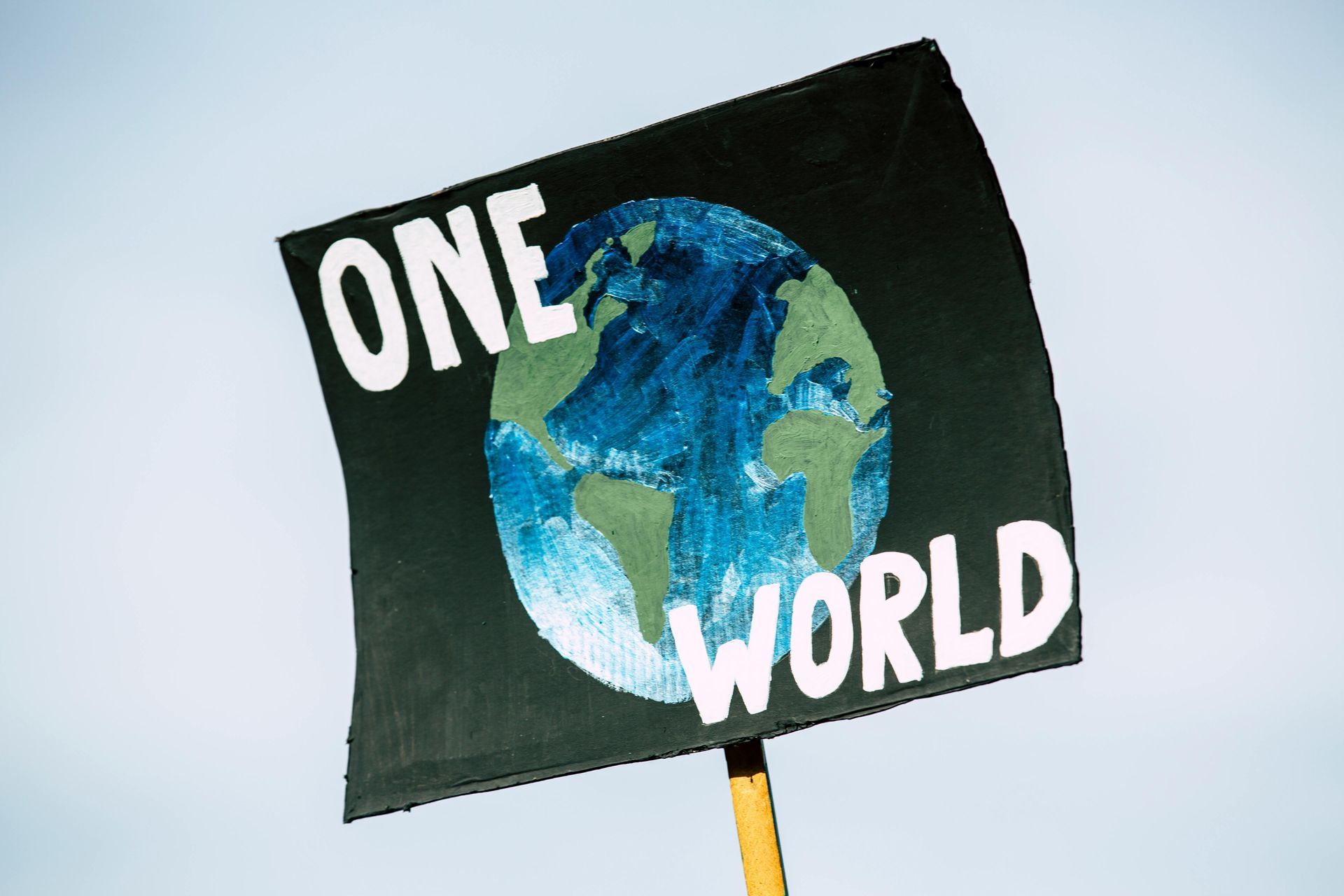Navigating the 4th Industrial Revolution.
Explore the future of artificial intelligence with this insightful guide!.
Navigating the 4th Industrial Revolution: Transforming the Future of Work and Society
The world stands on the brink of a technological revolution that will fundamentally alter the way we live, work, and interact with one another. Known as the 4th Industrial Revolution, this seismic shift is characterized by the fusion of digital, biological, and physical innovations that blur the boundaries between traditional industries and emerging technologies. As we delve deeper into this era, it is crucial to understand its implications, opportunities, and challenges.
Understanding the 4th Industrial Revolution
The 1st Industrial Revolution, which began in the late 18th century, introduced mechanization through water and steam power. The 2nd, in the late 19th and early 20th centuries, enhanced production with electricity and mass production techniques. The 3rd ushered in the age of electronics and IT, driving automation since the mid-20th century. Now, the 4th Industrial Revolution builds upon the digital advancements of the 3rd, accelerating technological integration into all aspects of human activity.
This revolution is distinguished by emerging technologies such as artificial intelligence (AI), the Internet of Things (IoT), robotics, biotechnology, blockchain, and quantum computing. These technologies promise to revolutionize industries, individual lifestyles, and even societal structures.
Key Impacts and Opportunities
Transformerende industrier: Industrier som produktion, sundhedsvæsen og detailhandel transformeres af avancerede digitale innovationer. AI og maskinlæring optimerer processer og beslutningstagning, mens IoT bygger bro mellem fysiske enheder og digitale systemer og skaber smartere infrastrukturer.
Workforce Evolution: The future of work is rapidly changing. Automation and AI are expected to replace many routine jobs, making reskilling and adaptability essential for the workforce. However, new opportunities will emerge in tech-driven fields, demanding skills in data analysis, digital literacy, and creative problem-solving.
Enhanced Connectivity: The interconnectivity enabled by IoT and advanced communication networks like 5G enhances infrastructure, leading to smarter cities, improved healthcare systems, and more efficient transportation networks.
Sustainability and Innovation: Emerging technologies enable sustainable solutions, such as renewable energy systems, smart agriculture, and efficient resource management. These innovations hold the potential to combat global challenges like climate change and resource scarcity.
Udfordringer at overvinde
While the 4th Industrial Revolution offers vast opportunities, it also presents significant challenges that must be addressed:
Privacy and Security: As data becomes more integral to operations, safeguarding personal and organizational information is paramount. Cybersecurity measures must be robust and adaptive to evolving threats.
Inequality and Access: There's a risk that the benefits of technological advancements may not be evenly distributed. Ensuring equitable access to digital tools, education, and opportunities is crucial to avoid exacerbating societal divides.
Ethical Implications: The rapid advancement of technologies such as AI raises ethical questions about privacy, decision-making, and human rights. Establishing ethical frameworks for technology use is essential.
Forberedelse til fremtiden
I takt med at vi omfavner den 4. industrielle revolution, skal både enkeltpersoner og organisationer anlægge en tankegang præget af kontinuerlig læring og tilpasning. Regeringer, uddannelsesinstitutioner og virksomheder skal samarbejde om at skabe politikker og miljøer, der fremmer innovation og understøtter overgangen til arbejdsstyrken.
Investments in education and training programs will be imperative to ensure that people are equipped with the skills needed to thrive. Additionally, promoting digital inclusion will help bridge the gap between those who have access to new technologies and those who do not.
Conclusion
Den 4. industrielle revolution repræsenterer en hidtil uset mulighed for at omforme vores verden. Ved at navigere i dens kompleksitet med omtanke kan vi udnytte dens potentiale til at skabe en mere innovativ, forbundet og bæredygtig fremtid for alle. Idet vi står i spidsen for denne teknologiske æra, vil vores kollektive valg definere vejen frem og sikre, at fremskridt gavner alle, overalt.


































